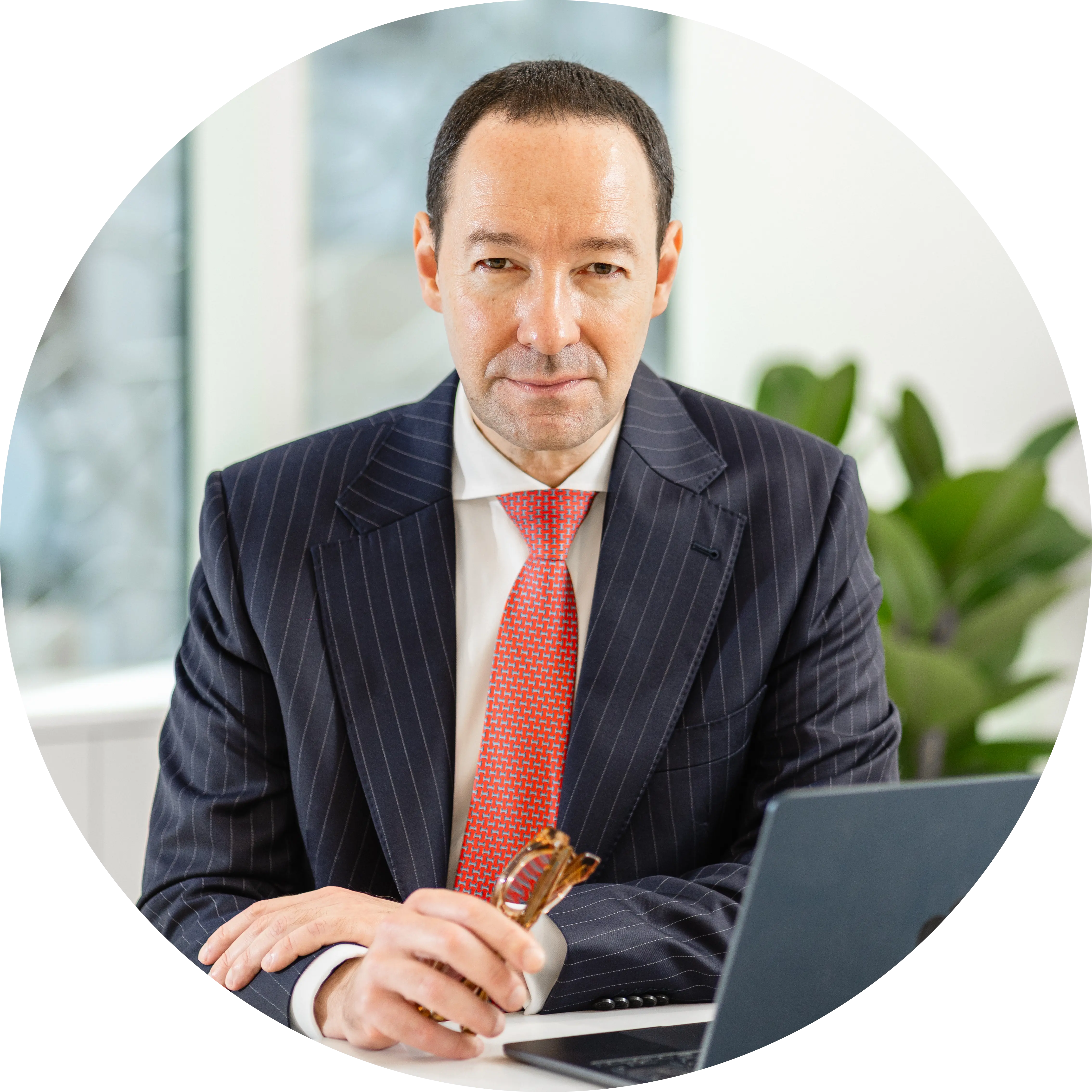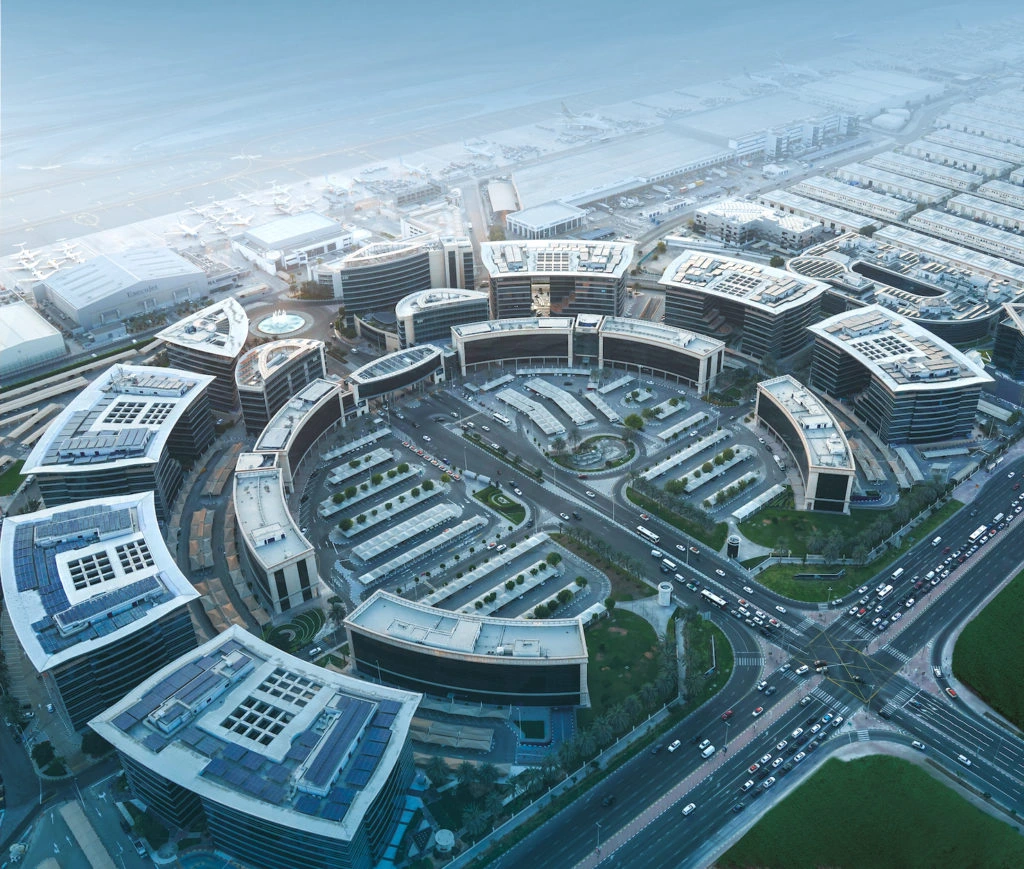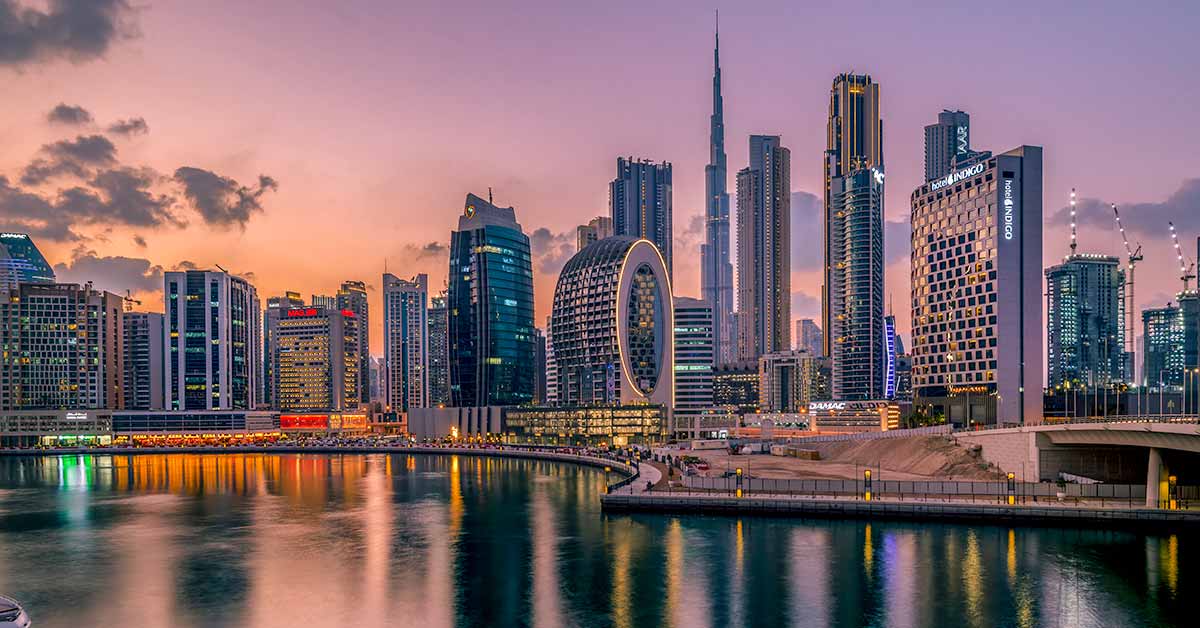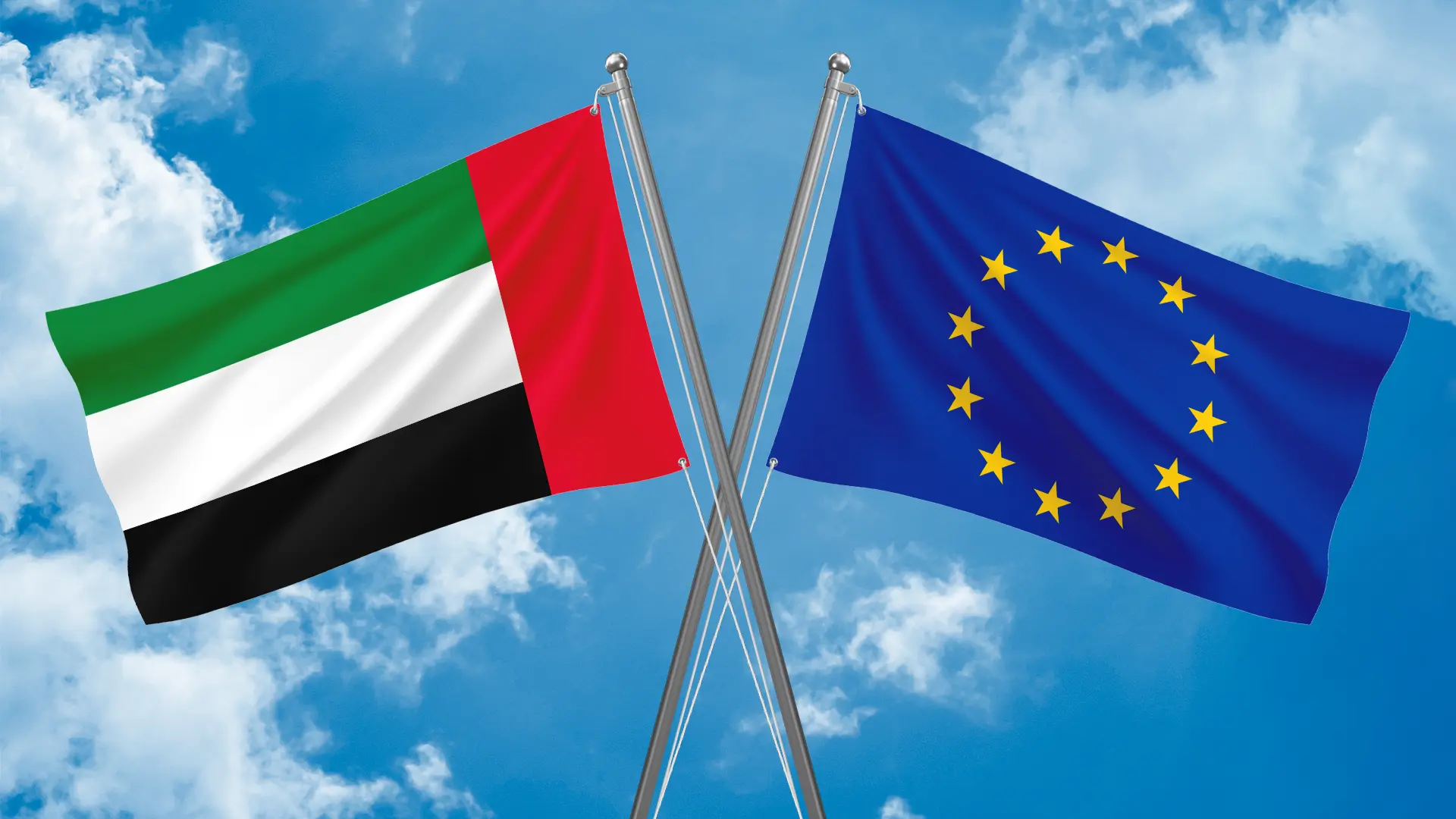Dubai’s Web3 & Crypto Fashion Takeoff
Discover how crypto meets the runway in Dubai’s fast-growing Web3 scene. Explore trends, innovation, and the future of digital fashion in the UAE.


Let’s not pretend we’re surprised.
Back when most commentators were busy debating whether crypto was dead, Dubai was quietly preparing the runway literally and figuratively for a Web3 future. And now? It’s wheels up.
This week, the world watched as Emirates, the crown jewel of global aviation, signed a landmark Memorandum of Understanding with Crypto.com. By next year, you’ll be able to book your flight on Emirates using Bitcoin, Ethereum, and a range of digital assets. Dubai Duty Free followed right behind, joining the party with a similar MOU meaning you can now shop for a Rolex or a bottle of perfume at Terminal 3 without touching fiat.
We said it months ago: Dubai wasn’t dipping its toes into crypto. It was building the entire beachfront.
Let’s talk context. These MOUs are not PR stunts. Each memorandum of understanding includes detailed implementation timelines and technological partnerships suggesting the logical extension of a national strategy that’s been steadily unfolding with precision and purpose. In 2022, VARA, Dubai’s specialized cryptocurrency regulator, was launched. In 2023, real estate developers began accepting cryptocurrency for off-plan apartments. In 2025, the Dubai Land Department (DLD) entered into its own MOU with Crypto.com, aiming to digitize land registration and facilitate blockchain-based property transfers. That’s right, Dubai is integrating crypto at the title deed level.
You can now pay for government services in tokens. You can own and sell property on-chain. And soon, you’ll board an A380 using Ethereum. No city has so seamlessly woven crypto into its economic fabric. And we dare say: no city is doing it better.
Emirates Chief Commercial Officer Adnan Kazim made the point that this isn’t about trend-chasing, it’s about positioning the airline to serve its growing base of tech-savvy, mobile-first global travelers. But what he didn’t have to say (because the numbers say it for him) is that this is a calculated, coordinated, state-aligned move. Emirates doesn’t go rogue. Neither does Dubai Duty Free. These deals are institutional nods to a larger vision where blockchain isn’t a buzzword, it’s an infrastructure layer.
Still think it’s hype?
Consider Emaarat, one of the UAE’s major fuel and energy conglomerates. Earlier this year, it joined the blockchain ecosystem, signing its own agreement with Crypto.com to begin testing crypto payments at select service stations. This means your fuel-up could be settled via stablecoin. That’s not gimmickry, it’s regulatory comfort. It’s operational confidence. It’s proof that the UAE isn’t building sandcastles. It’s laying bricks, some of them made out of solid gold.
Each MOU signed from DLD to Emirates to Emaarat is not just a handshake. It’s an execution blueprint. These aren’t vague press releases. They come with implementation timelines, technological partners, and KPI-laden roadmaps. And they’re all pointing in the same direction: a UAE that transacts, builds, governs, and scales on blockchain rails.
We’ve been telling you. Since the earliest tokenized real estate deals. Since the VARA framework. Since the early whispers of crypto-government fee integration. We’ve been watching the puzzle come together while others were waiting for Bitcoin to hit $100K. But this isn’t about coins. It’s about coordination.
This is what regulatory confidence looks like. This is what a sandbox becomes when it’s turned into a full-fledged city.
So the next time someone tells you crypto is “dead,” remind them that while Wall Street debated custody, the UAE quietly turned airports, courts, oil companies, and land departments into blockchain believers. That’s not a pivot. That’s an operational implementation across multiple sectors simultaneously suggesting the confidence in both the technology and regulatory environment.
And yes, we said it first.
Contact us for a free consultation
Get expert advice and tailored solutions from industry leaders.



